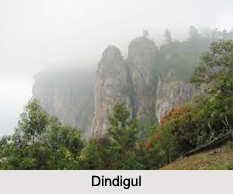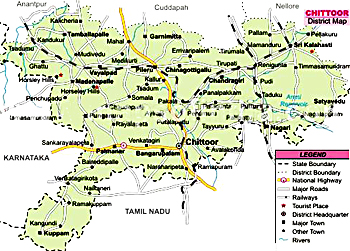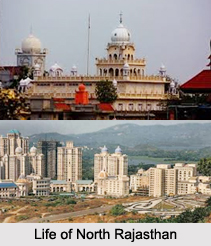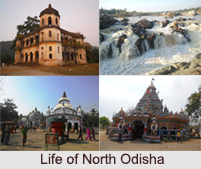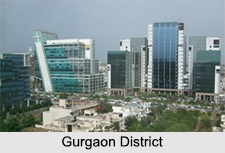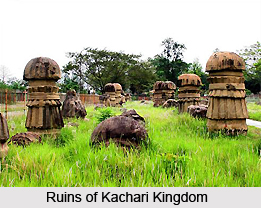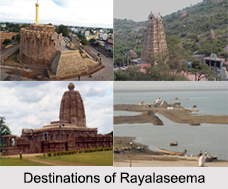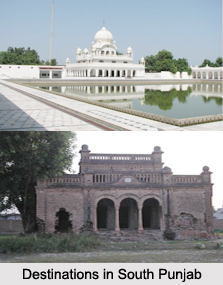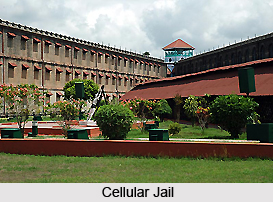 History of Port Blair can be traced back to the year 1789 when the Government of Bengal had set up a penal colony in the southeast bay of Great Andaman on Chatham Island. The colony was named as Port Blair in the honour of Lieutenant Archibald Blair of the British East India Company. Two years later the colony was shifted to the northeast part of Great Andaman and was renamed as Port Cornwallis to honour Admiral William Cornwallis. However the penal colony suffered excessive disease and death owing to which its operation was ceased by the government in May 1796.
History of Port Blair can be traced back to the year 1789 when the Government of Bengal had set up a penal colony in the southeast bay of Great Andaman on Chatham Island. The colony was named as Port Blair in the honour of Lieutenant Archibald Blair of the British East India Company. Two years later the colony was shifted to the northeast part of Great Andaman and was renamed as Port Cornwallis to honour Admiral William Cornwallis. However the penal colony suffered excessive disease and death owing to which its operation was ceased by the government in May 1796.
In the year 1824, Port Cornwallis served as the meeting point for the convoy of army of the First Anglo-Burmese War. Between the period of 1830s and 1840s, the shipwrecked crews who landed on the Andamans were frequently attacked and slayed by the natives which aroused a discontent among the British Government. Another proposal was made by the government in 1855 for establishing another settlement on the island along with a convict establishment. However owing to the Indian Rebellion of 1857, the construction work got delayed.
The Indian Revolt of 1857 provided a number of new prisoners to the British and thus an urgent requirement emerged for the establishment of the new Andaman settlement and prison. In November 1857 the construction work started at the renovated Port Blair, however the regions near a salt swamp which was the prime source of old colony`s problems were strategically avoided. The convicts who were imprisoned in the colony were mostly the political prisoners who were given life imprisonment along with hard labour under brutal and devastating conditions. Many of them died of starvation and diseases while others were hanged to death. Between the period of 1864 and 1867 a penal establishment was constructed with convict labour on the northern side of Ross Island, which is presently in ruins.
In the late 19th century when the Indian freedom movement gained pace and intensity, a colossal Cellular Jail was built between 1896 and 1906 for imprisoning the Indian convicts. They were mainly the political prisoners and were kept in solitary confinement. The Cellular Jail was also called as `Kala Pani` (Black Waters) owing to the dreadful torture and ill treatment bestowed on the Indian convicts. Since 1943 to 1944, during World War II, Port Blair served as the headquarters of the Azad Hind Fauj under the leadership of Subhas Chandra Bose.







